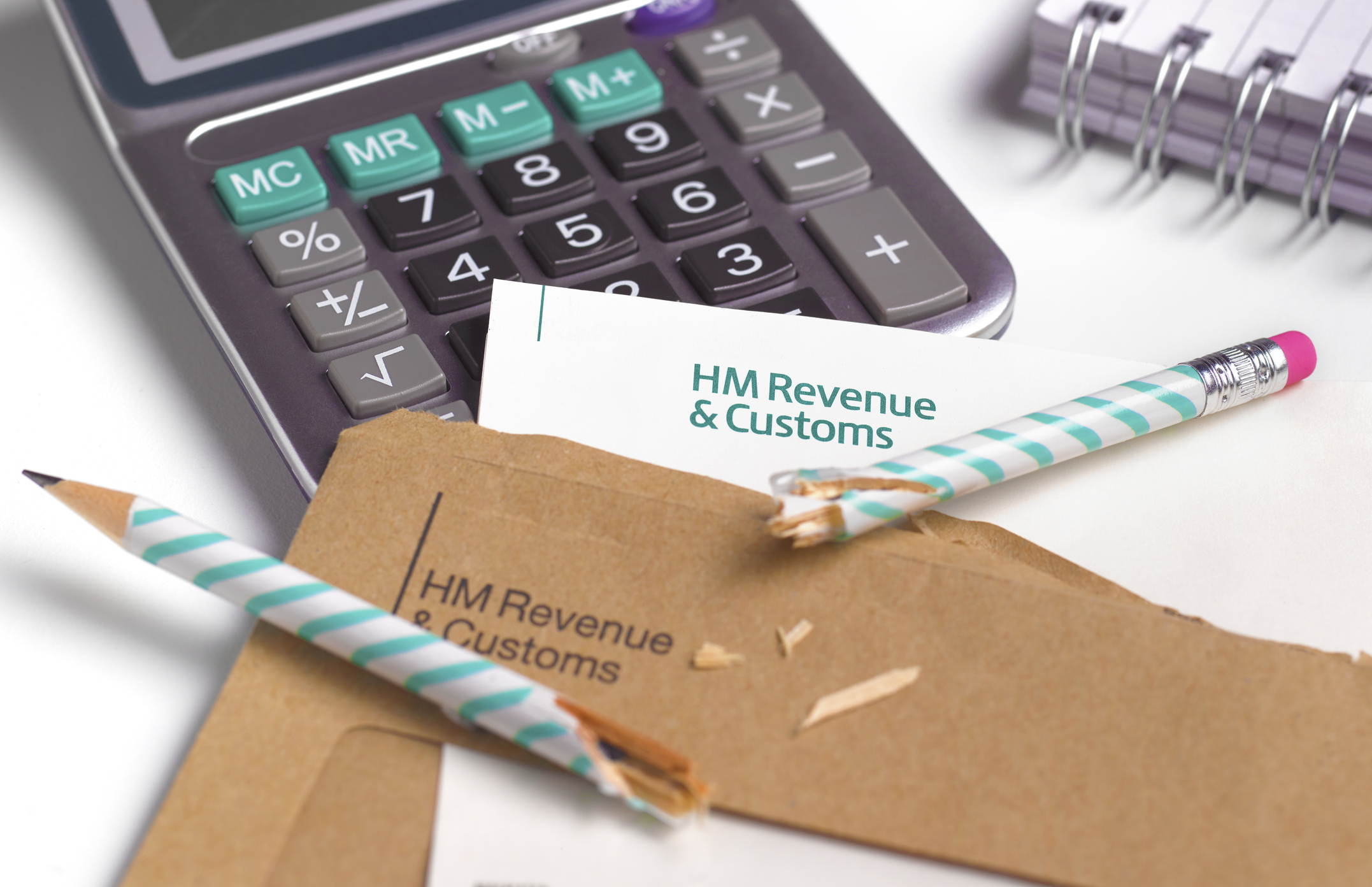Get the latest financial news, insights and expert analysis from our award-winning MoneyWeek team, to help you understand what really matters when it comes to your finances.
You are now subscribed
Your newsletter sign-up was successful
Want to add more newsletters?
"Tax doesn't need to be taxing," say HM Revenue & Customs. But it is. Take something as basic as whether you are liable to pay UK tax. This isn't necessarily determined by where you were born, or where you currently live, but whether you are classified by HMRC as a "UK resident" or a "UK domicile" two very different concepts.
A UK resident is taxed here on their worldwide, not just UK, income and capital gains, and there are a number of tests for residence. First off you are taxed on income and gains arising during the whole fiscal year the current one started on 6 April 2008 and will end on 5 April 2009 if you spend just half (183 days) or more of it in Britain. However, other tests for "ordinary residence" can also trap regular visitors who are careful to spend less than half of any single fiscal year here. For example, anyone who regularly averages three months or more here per fiscal year is potentially liable too.
For inheritance tax (IHT), however, HMRC focuses not on residence but on domicile your permanent legal home. If it's the UK you pay IHT on your worldwide assets on death irrespective of where they, you, or your heirs are located at the time. The rules that determine UK domicile are complex but there are some basic principles. If you were born here or if your father has UK domicile, you usually start out with UK domicile yourself. This can be changed later if, say, you move abroad, but it can take years to fully shake off UK domicile.
Try 6 free issues of MoneyWeek today
Get unparalleled financial insight, analysis and expert opinion you can profit from.

Sign up to Money Morning
Don't miss the latest investment and personal finances news, market analysis, plus money-saving tips with our free twice-daily newsletter
Don't miss the latest investment and personal finances news, market analysis, plus money-saving tips with our free twice-daily newsletter
In general, anyone who is resident in Britain but not domiciled here only pays income tax and capital-gains tax on income and gains generated overseas if they remit the income and gains back to Britain. However, under new legislation this changes after seven years of residence. Then a "non dom" can choose either to pay taxes in the same way as those domiciled in the UK, or to pay an annual fee of £30,000 to the Britishgovernment to avoid doing so.
Get the latest financial news, insights and expert analysis from our award-winning MoneyWeek team, to help you understand what really matters when it comes to your finances.
MoneyWeek is written by a team of experienced and award-winning journalists, plus expert columnists. As well as daily digital news and features, MoneyWeek also publishes a weekly magazine, covering investing and personal finance. From share tips, pensions, gold to practical investment tips - we provide a round-up to help you make money and keep it.
-
 What do rising oil prices mean for you?
What do rising oil prices mean for you?As conflict in the Middle East sparks an increase in the price of oil, will you see petrol and energy bills go up?
-
 Rachel Reeves's Spring Statement – live analysis and commentary
Rachel Reeves's Spring Statement – live analysis and commentaryChancellor Rachel Reeves will deliver her Spring Statement on 3 March. What can we expect in the speech?
-
 Rachel Reeves 'should hand back the cash' from bumper tax haul
Rachel Reeves 'should hand back the cash' from bumper tax haulOpinion Chancellor Rachel Reeves is cheering higher-than-expected tax receipts. But where has the money come from?
-
 Two million taxpayers to be hit by £100k tax trap by 2026/27
Two million taxpayers to be hit by £100k tax trap by 2026/27Frozen thresholds mean more people than ever are set to pay an effective income tax rate of 60% as their earnings increase beyond £100,000. We look at why, as well as how you can avoid being caught in the trap.
-
 13 tax changes in 2026 – which taxes are going up?
13 tax changes in 2026 – which taxes are going up?As 2026 gets underway, we look at what lies ahead in terms of changes to tax rates and allowances this year and how it will affect you.
-
 How to limit how much of your Christmas bonus goes to the taxman
How to limit how much of your Christmas bonus goes to the taxmanIt's Christmas bonus season but the boosted pay packet may mean much of your hard-earned reward ends up with HMRC instead of in your pocket
-
 Over 1 million pay 45% rate of income tax as fiscal drag bites
Over 1 million pay 45% rate of income tax as fiscal drag bitesHundreds of thousands more people are being pushed into the additional rate tax band by fiscal drag
-
 Simple assessment explained as millions brace for unexpected tax bills
Simple assessment explained as millions brace for unexpected tax billsIncreasing numbers of people could get letters from HMRC saying they owe more tax due to frozen thresholds, under a system known as simple assessment. Here is what it means for you.
-
 What are wealth taxes and would they work in Britain?
What are wealth taxes and would they work in Britain?The Treasury is short of cash and mulling over how it can get its hands on more money to plug the gap. Could wealth taxes do the trick?
-
 When is the self-assessment tax return deadline?
When is the self-assessment tax return deadline?If you are self-employed, rent out a property or earn income from savings or investments, you may need to complete a self-assessment tax return. We run through the deadlines you need to know about

